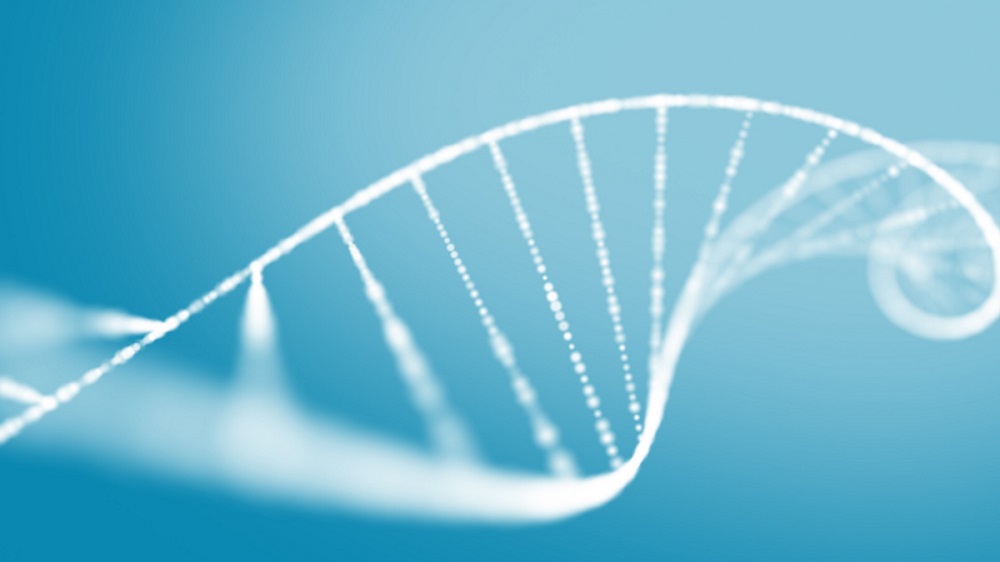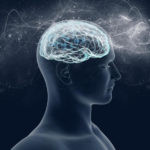Across many psychological disorders, emotional, social and psychological conflicts in adolescency are generally susceptible factors when forming a psychiatric diagnosis.
In a new study, a team of researchers at the University of Queensland linked those conflicts among adolescents to higher levels of genetic vulnerability for the onset of depression in adulthood. The study was released in JAMA Psychiatry.
To further examine if genetic factors underlie the association between childhood psychopathy and depressive disorders in adulthood, the Australian-based research team probed data from 7 longitudinal birth and childhood cohorts initiated in the United Kingdom, the Netherlands, Norway, Finland, and Sweden.
In the data gathered between mid-2017 to early-2019, researchers assessed more than 40,000 young participants for childhood psychopathology from age 6 to 17. Based on genome-wide association studies of clinical depression in adulthood, neuroticism, insomnia, educational attainment, and body mass index, the research team constructed individual polygenic scores (PGS).
“We investigated genetic associations between childhood psychopathology and adult mood disorders and associated traits over time. Using results of well-powered GWAS meta-analyses of adult traits, we calculated PGS in what is, to our knowledge, the largest childhood target sample to date for this type of study,” according to the study’s co-authors.
“Our results indicate a consistent pattern of genetic associations between PGS of adult depression and associated traits and childhood psychopathology across age.”
As explained in the findings, the study points to shared genetic factors that could impact a range of psychological traits across an individual’s lifespan. “Consistent genetic associations across age suggest a set of genetic variants that influence a range of traits across the life span,” the findings state.
“Our study provides novel evidence for the presence of shared genetic factors between childhood psychopathology and depression and associated adult traits, as well as their stability across development. Insight into these associations may aid identification of children at risk for a relatively chronic course of illness, ultimately facilitating targeted treatment to this vulnerable group.”


